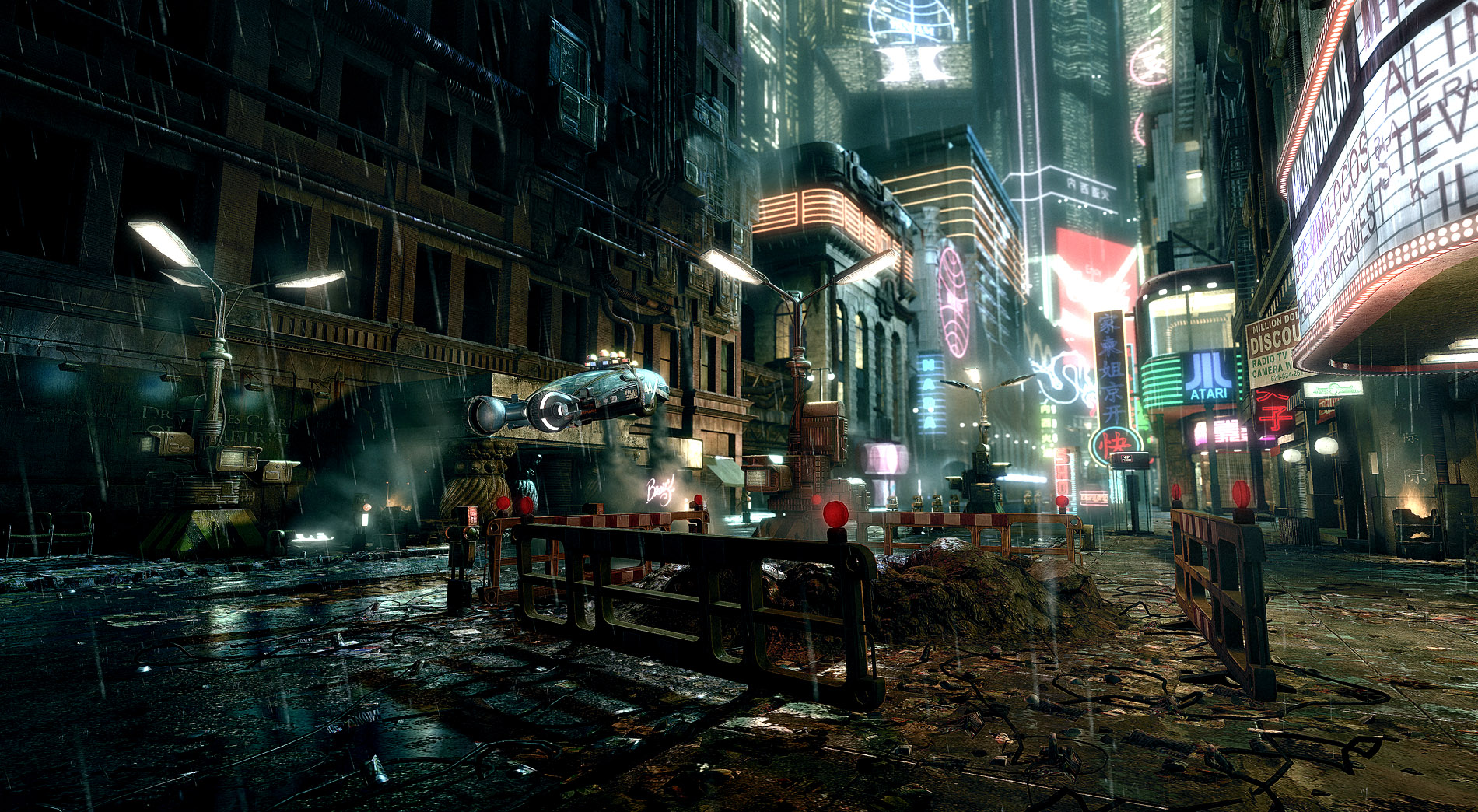Asking and Looking
After reading the excerpts over the weekend, I genuinely had no idea what I had read or why. So here's to it getting easier in a few weeks as Franco had mentioned. Thankfully, after our discussion on Tuesday, I've been able to re-evaluate those lofty theoretical arguments presented by Koolhaus and more specifically, Denise Scott-Brown. I was really drawn to what she had presented in the beginning of her paper about building based on an estimation of needs and on surveying behavior. Most people cannot afford high-style architecture so it is critical that we design with that in mind.
"In times of housing shortage this is a particularly forceful argument against architectural behaviorism since people can't vote against a particular offering by staying away if there is no alternative."
In the case of the Declaration of La Sarraz and the ideas that those architects had generated, I think they were designing for the needs of the people at a massive scale. As Franco had said in class, yes, their manifestos were widely accepted because society was ready for a change. But I'm curious what would people think if cities actually turned in to the utopia those architects thought about. In Blade Runner, we see a city that seems to represent the reality of Utopian architecture. Although the portrayal of the city is probably the director's stylistic choice, I would not want to live there. There seems to be nothing that is human scale and there seems to be a disconnect and social injustice between economic classes. So in this city scale, when architecture is made to fit the needs of a large population I don't think the builder is doing society a justice. The architecture becomes fully functional and looses its connection to its users. As Scott-Brown states, a good lesson is to understand that "architecture must differ for different groups."
Deferral of judgement is a very interesting lens at which to view society. I appreciate this conclusion of Scott-Browns excerpt because not only does she suggest a new way of learning from existing environments, but the manifesto challenges me to think about how I view architecture; to think more deeply and critically about what surrounds me.




I heard someone say once that future city or utopia concepts say more about the present than the future. I would have to agree, when we think about the future we think about solving the problems or needs we have in the present day because we don't have a good idea what they will be in the future.
ReplyDelete